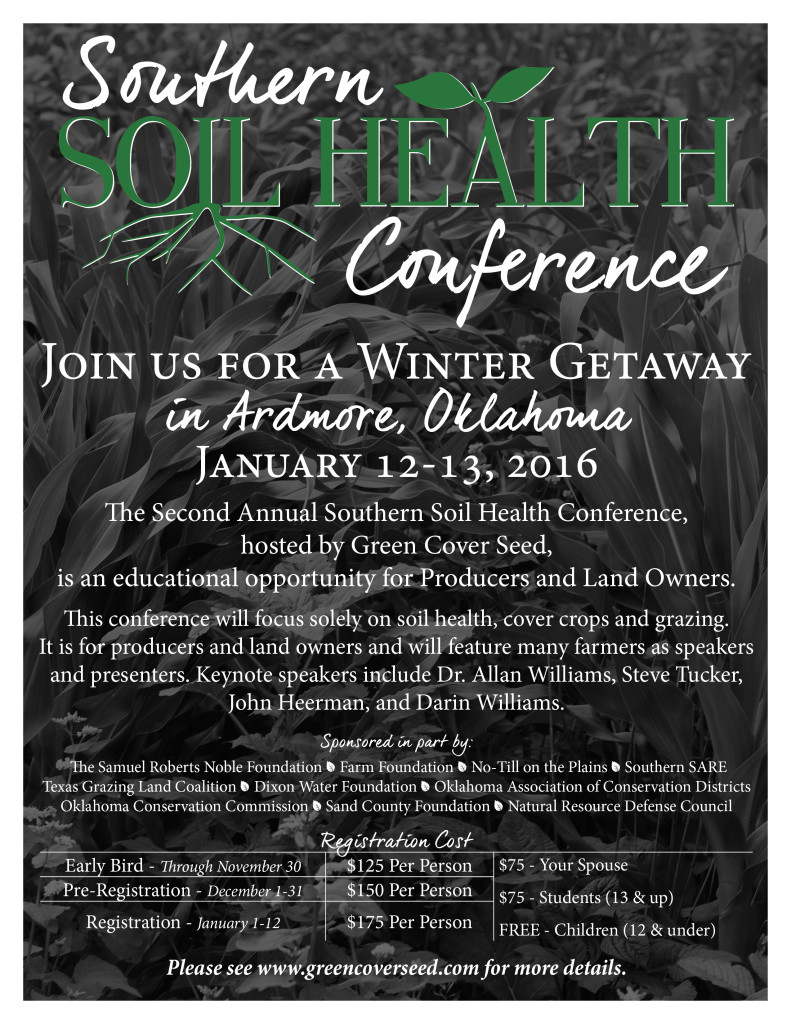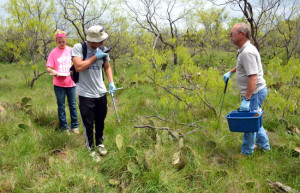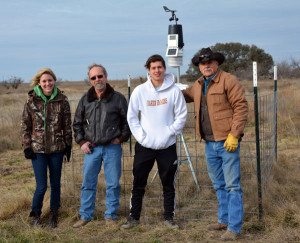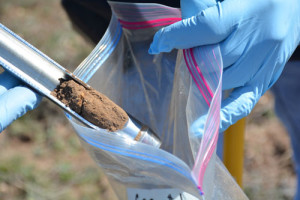The central grasslands stretch from Canada to West Texas, and extend into the desert highlands, from Arizona to the Marfa Plateau and Chihuahua. For many Americans, they remain as foreign as they were for Cather’s 19th-century narrator. Grasslands are thought to lack the “charisma” of mountains and forests – to some, they epitomize “fly-over country.”
But the grasslands in fact contain an immense natural and cultural richness. And they’re deeply imperiled. Of the 600 million acres of historic grasslands, two-thirds have been lost or degraded. There’s a growing effort to preserve and restore them. And in Trans-Pecos Texas, the Dixon Water Foundation is committed to that effort…
Read More Here






